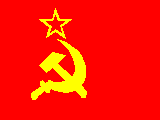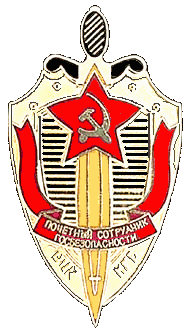





 Influence on Foreign Policy
Influence on Foreign PolicyThe KGB participated in the foreign policy decision-making process at the highest level because its chief was a member of the Politburo. At the same time, it influenced the formulation of foreign policy at a lower level as an executor of that policy, a provider of information, and a generator of ideas, solutions, and alternatives. Thus, for example, when the Kremlin decided to invade Czechoslovakia in 1968, KGB chief Andropov, who was an expert on Eastern Europe and had a direct line of intelligence from Czechoslovakia, presumably influenced the decision-making process significantly. Furthermore, the KGB, as the main provider of intelligence to the leadership, was in a position to influence decision making by screening and interpreting the information. The KGB probably favored the invasion because of the threat posed by a possible spillover of unrest into the Soviet Union. Also, efforts by Czechoslovak reformers to reorganize their security police jeopardized KGB operations in Czechoslovakia. Considerable evidence showed that the KGB, in order to bolster the prointerventionist position, used intelligence and covert action to produce proof of counterrevolution in Czechoslovakia.
Andropov did not always favor military intervention as a solution to international problems, however. Other considerations, such as the Soviet Union's international image, no doubt affected his views on the 1979 invasion of Afghanistan (which he reportedly did not favor) and the 1980-81 Polish crisis (where he probably was among those who opposed an invasion). Both these crises occurred at a time when the KGB was trying to mobilize West European public opinion against plans by the North Atlantic Treaty Organization (NATO) to introduce intermediate-range missiles in Europe.
Chebrikov did not have Andropov's foreign policy expertise when he took over as head of the KGB in 1982, but his admission to the Politburo gave him a voice in foreign policy at the highest level. In addition, many Western experts believe that the KGB chairman served on the Defense Council, an important collegial decisionmaking body that provided top-level coordination for defenserelated activities of the Soviet government. Chebrikov's numerous trips to Eastern Europe after he became head of the KGB indicated that he was personally involved in KGB operations beyond Soviet borders, and his forceful advocacy of Soviet "counterpropaganda" efforts abroad implied a commitment to a strong foreign policy role for the KGB. Kriuchkov, who became head of the KGB in 1988, had been extensively involved in foreign operations as the chief of the First Chief Directorate of the KGB.
Data as of May 1989
